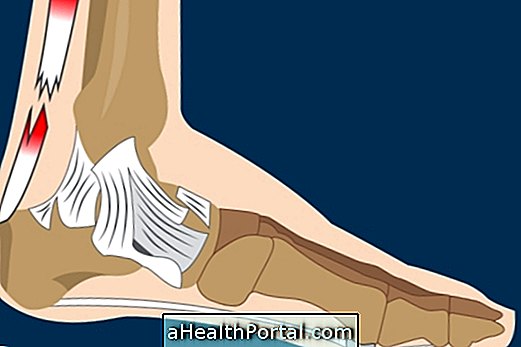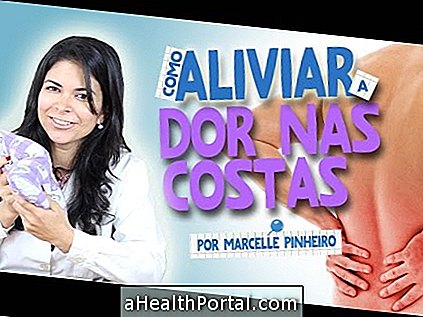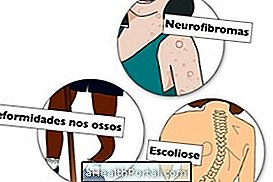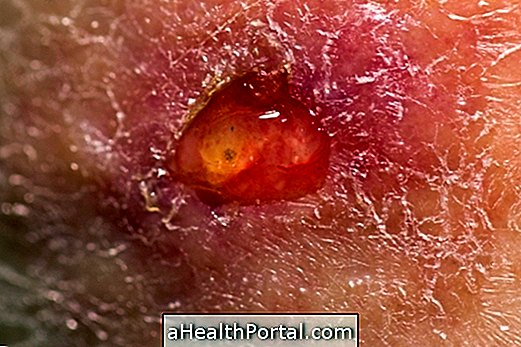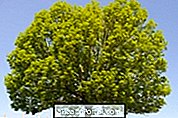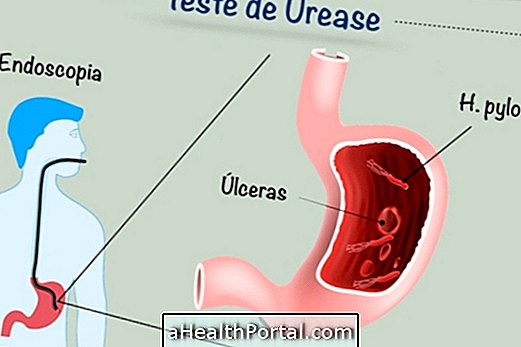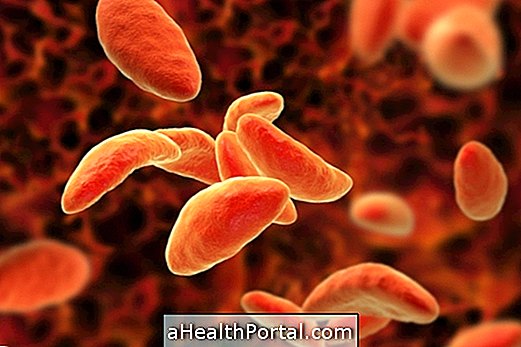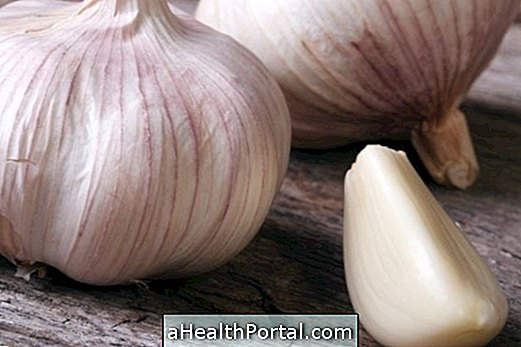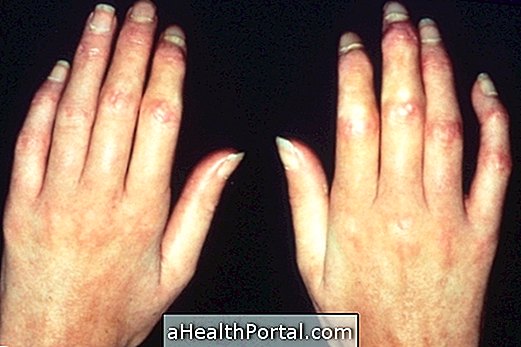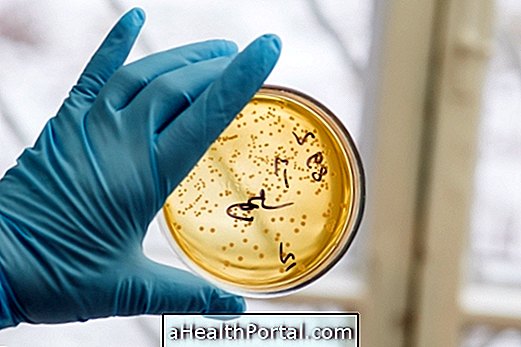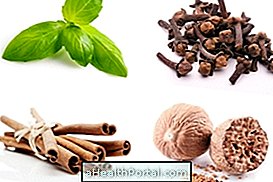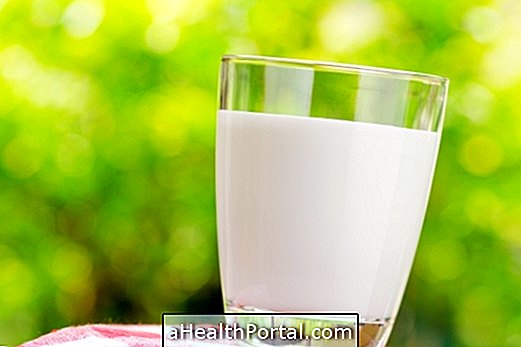Symptoms of food allergy in the baby may appear a few minutes to a few hours after eating the food and may manifest through the skin, digestive tract and respiratory tract of the baby.
The most common signs and symptoms that can occur due to allergy to a food are:
- Reddish, swollen, scattered patches on the body;
- Generalized itching;
- Vomiting and diarrhea;
- Gases and colic;
- Swelling of the tongue, lips and face;
- Coughing and wheezing;
- Difficulty breathing;
- Running nose.
In addition to these symptoms, in more severe cases there may be loss of consciousness, so it is very important to pay attention to the first signs whenever a new food is introduced into the baby's diet.
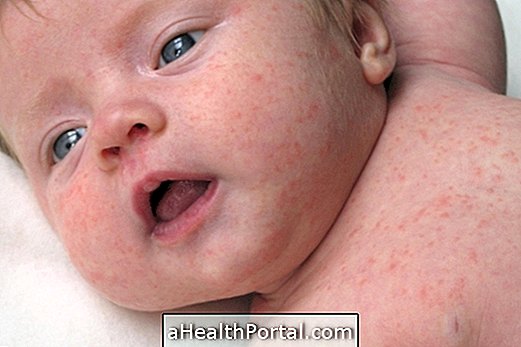
What to do to avoid a food allergy
Due to the fact that the baby's immune system is still immature, some foods should be avoided during the first 6 months of life because they can cause allergies such as cow's milk, eggs, nuts, shellfish, soy, strawberries, blackberries, peaches, kiwi and gluten, which is a protein present in rye, wheat and barley that can produce a food intolerance. Honey, should only be included in the diet after the first year.
These foods should be introduced one at a time, and it should be expected between 3 to 5 days before adding another new food, in order to realize which food is the source of the allergic reaction.
In addition, during breastfeeding, it is not recommended that the mother eat nuts and peanuts to prevent the child from developing an allergy to these foods. The pediatrician may also recommend removing the egg, fish, and seafood from the mother's diet in cases where the parent or close family members have allergies.
How to identify food allergy
If you have already given some baby food without first testing it to identify the food allergy, a good rule of thumb is to take some of the food out of the diet, noting each one of them on an agenda and leaving them out of the baby's meals during about 5 days. If the food allergy symptoms in the baby begin to disappear, it means that the baby is allergic to one of those foods.
The pediatrician may also indicate a food allergy test to determine which food or foods to which he is allergic.

Food allergy to cow's milk protein
A common food allergy in infants is allergy to cow's milk protein, which can occur even during breastfeeding. Learn how to identify cow's milk protein allergy.
As cow's milk protein passes into breast milk, breast-feeding babies are recommended to eliminate cow's milk from the mother's diet and substitute milk with other calcium-rich foods, such as beans, tofu, so that the baby can nurse normally.
If the baby is fed infant formulas, it may also suffer an allergic reaction and therefore one should opt for extensively hydrolyzed or amino acid formulas, in which the cow's protein is degraded and does not induce an allergic reaction. Learn how to choose the best milk for your baby to grow healthy.
